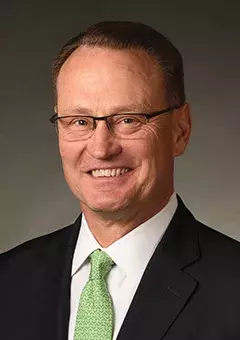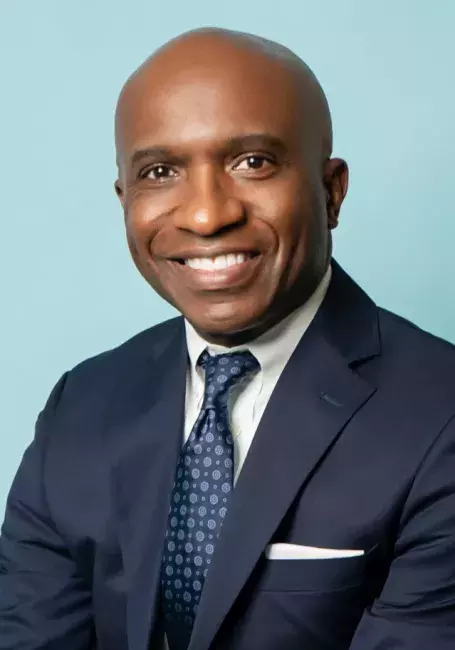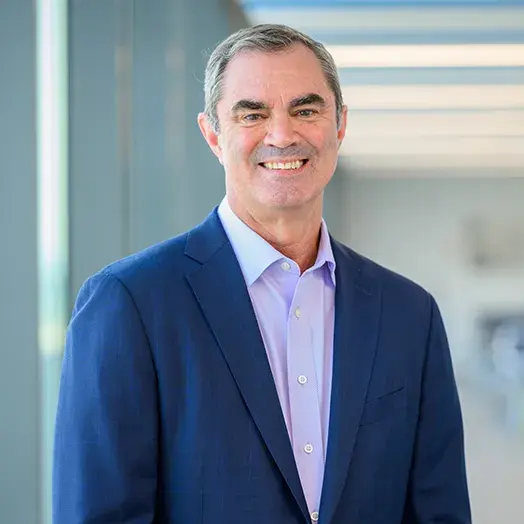
Erickson Senior Living CEO Reflects on Keys to Success with an Eye Toward the Future
Alan Butler is CEO of Baltimore-based Erickson Senior Living and a national leader in development and management of continuing care retirement communities. As the featured speaker at the Johns Hopkins Carey Business School’s annual Ginder Lecture, Butler explained how Erickson’s size, sound financial footing, and ability to adapt helped it weather the pandemic and how he is preparing to respond to the demographic transformation that is already underway in the U.S.
Erickson must not only develop more communities, Butler noted, but also its ability to attract and retain a bigger and more skilled workforce. The company is working hard, he said, to build employee programs that “really educate and lift the next generation of folks to take care of seniors as well as benefit themselves.”
The company has career tracks for college and non-college educated employees, he said, and corporate scholarships have helped employees get an education and then return to work for the company. Erickson also has a mentoring program which Butler believes is a big part of developing a good workforce and helps Erickson stand apart from its competitors.
Butler recalled important advice he received from his father: “Get in early and outwork people.” Finding a way to stand out in the crowd underscores the difference, he said, between someone doing a job and someone building a career. He also noted that asking questions, using what he called “the curious sponge,” is particularly important at Erickson and helps chart a path to success. Developing leadership skills is critical, Butler remarked, because such skills are transferable to various positions and companies should do more to teach them.
What to Read Next

Diversity at Carey
Carey Business School Alumnus Named AACSB Influential Leader HonoreeEmbracing failure – learning to “fail forward” he said, is essential to effective leadership. “If you're a leader and you expect perfection, you're never going to get somebody that's innovative, creative, and able to challenge the status quo, because that's just that that's not the safe route,” Butler said.
One of his biggest mistakes came early in his career, he recalled, when he was an investment banker and kept quiet about a project even though he didn’t think it would succeed. “You have to have the courage to deal with the uncomfortable...I probably avoided that uncomfortable conversation to an expense of $18,000,000,” he said. Today, Butler went on, he spends a lot of his day talking with his leaders and their subordinates and building trust to help make sure they are comfortable sharing ideas and concerns.
For the past 25 years, the William M. and Katherine B. Ginder Lecture has brought prominent speakers to the Carey Business School to discuss timely and stimulating issues relevant to the business community.


